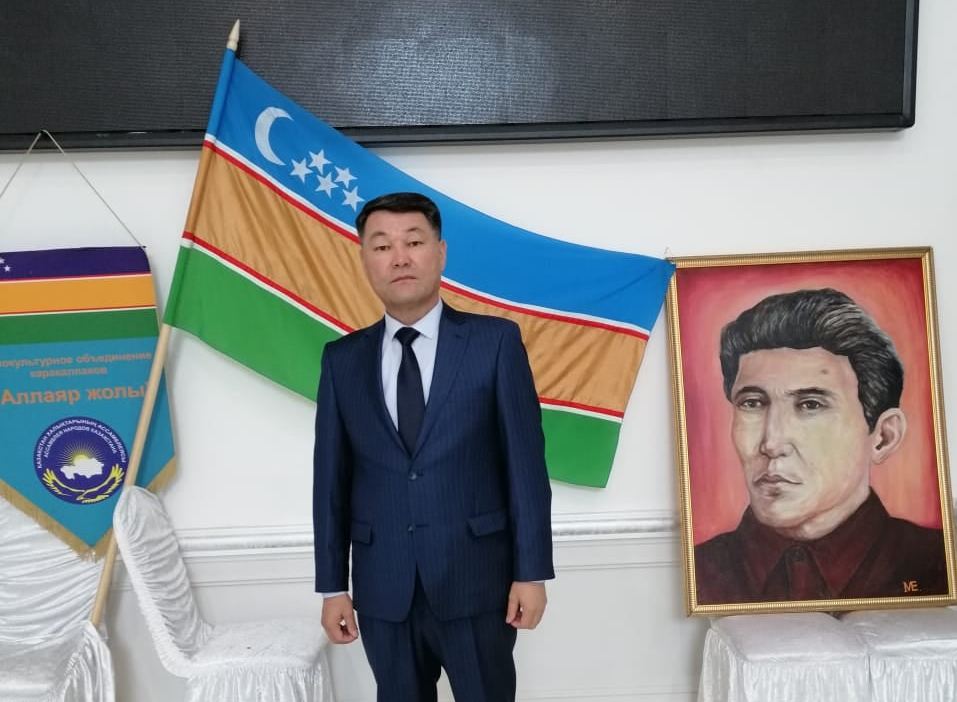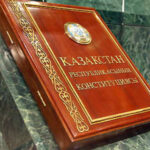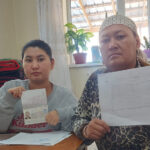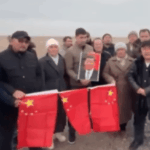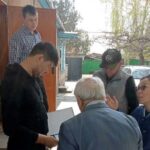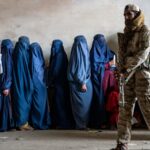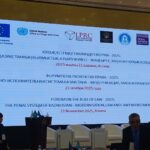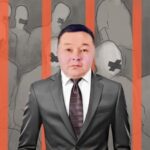A Karakalpak activist sentenced in absentia in Uzbekistan lost his Kazakh nationality, putting him at risk of extradition.
On December 1st, Nietbay Urazbaev, head of the Karakalpak ethnocultural association “Allayar Zholy-Aktau” was notified of his Kazakh citizenship revocation by the Migration Service of the Mangistau Regional Police Department. This decision came through after Uzbekistan’s Consulate in Aktau deemed Urazbaev’s renunciation of his Uzbek citizenship unlawful. The consular document he used to obtain nationality in Kazakhstan was subsequently considered a false one, thus invalidating his Kazakh citizenship, reports Human Rights Center “Memorial”.
Nietbay Urazbaev lives and works in Kazakhstan since 2004. He joined the Allayar Zholy-Aktau association in 2007 before becoming its chairman in 2019. In 2016, Urazbaev made a request to the Consulate of Uzbekistan to renounce his citizenship. It was approved in 2017, when he then exchanged his passport for a consular certificate attesting the loss of nationality.
On October 6th, 2022, Urazbaev was however notified by the Aktau Police Department that Tashkent had put his name on an international wanted list for supposedly taking part in the July 2022 protests in Nukus.
The 25th of March 2023, Urazbaev learned through the press service of the Supreme Court of Uzbekistan that a trial in absentia had begun against him in Tashkent. Urazbaev was never convoked or officially interrogated, he did not even have the name of the lawyer allegedly representing him in court. On May 10th, he was condemned to 12 years in prison for “conspiracy with the aim of seizing power”, “participation in mass riots” and “distribution of materials that threaten public safety”.
Urazbaev denounced the verdict, apart from the procedure violations he claimed the charges were fabricated: he never left Kazakhstan’s territory during the July events in Nukus, nor did he call for violence or illegal actions on social media. Urazbaev also pointed at the Court’s attempt to deny his Kazakh nationality by referring to him as an Uzbek citizen in its sentence.
In May and August Urazbaev sent two letters to Kazakhstan’s President Kassym-Jomart Tokayev, explaining how Uzbek authorities were violating his rights as a Kazakh citizen by declaring him a criminal without hearing him. He asked to be removed from the wanted list and to cancel the verdict. The General Prosecutor’s Office and the Ministry of Foreign Affairs reached out to Uzbek authorities about his case, but they received no answer.
For now, Urazbaev explained he will appeal the Migration Service Department’s decision to revoke his Kazakh citizenship. This loss of nationality puts him at risk of being detained and deported to Uzbekistan as he is still under a search warrant but no longer protected by Kazakhstan’s law.
After the internal crackdown on the Karakalpak community, Tashkent aims at repressing Karakalpak activists living abroad: Nietbay Urazbaev is one of the three activists condemned in absentia this year, along with Amanbay Sagidullaev and Tleubike Yuldasheva. Uzbek authorities also asked for the extradition of four more activists living in Kazakhstan. They were detained for a year before being released this fall, but their requests to obtain a refugee status were denied by Astana.

